Related Flashcards
Related Topics
Cards In This Set
| Front | Back |
|
A seed-producing annual, biennial, or perennial that does not develop persistent woody tissue, but dies down at the end of a growing season. May be valued for its medicinal, savory, or aromatic qualities.
|
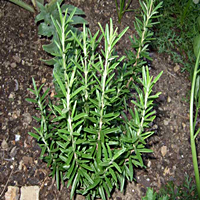 Herb |
|
A perennial, low, woody plant with several stems arising from or near the ground.
|
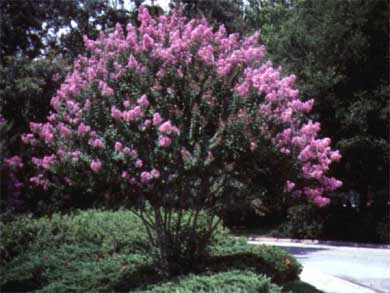 Shrub |
|
A woody perennial plant having a single usually elongated main stem (trunk), generally with few or no branches on its lower part.
|
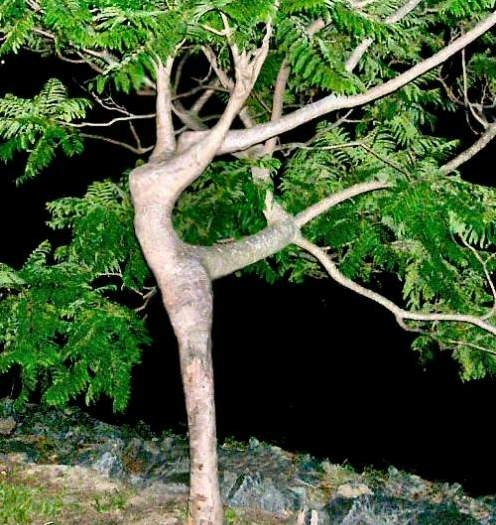 Tree |
|
Narrow-leaved herb with jointed stems and spike-like flowers.
|
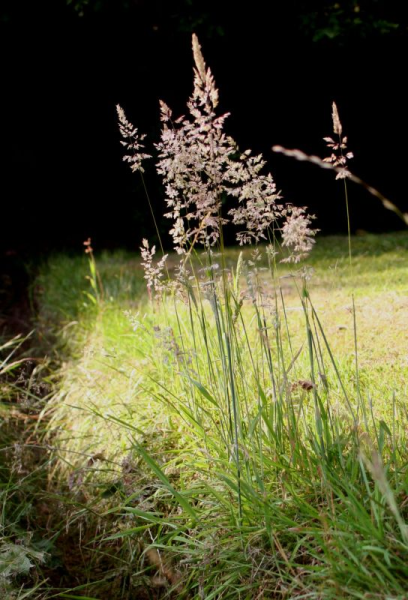 Grass |
|
Non-vascular plant without true roots (rhizoids) and without vascular tissue. Haploid generation is dominant.
|
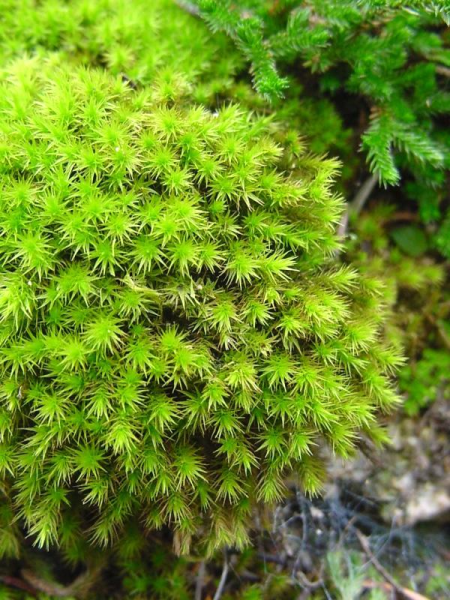 Moss |
|
Vascular plant with true roots. Diploid generation is dominant. Leaves are fronds emerging with fiddleheads. Reproduces with spores.
|
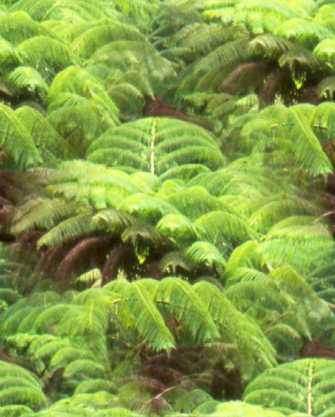 Fern |
|
A plant growing on another plant without deriving direct nutrition from host plant.
|
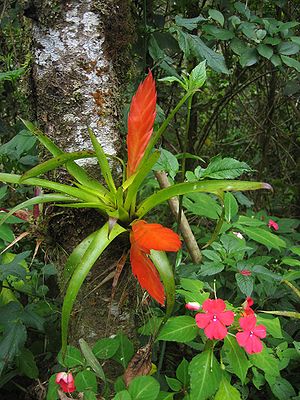 Epiphyte. Epi-upon. Phyte-plant. |
|
A plant with long, slender, weak stems that are unable to support their own weight and are supported by other plants or trail on the ground - "hebaceous" or woody.
|
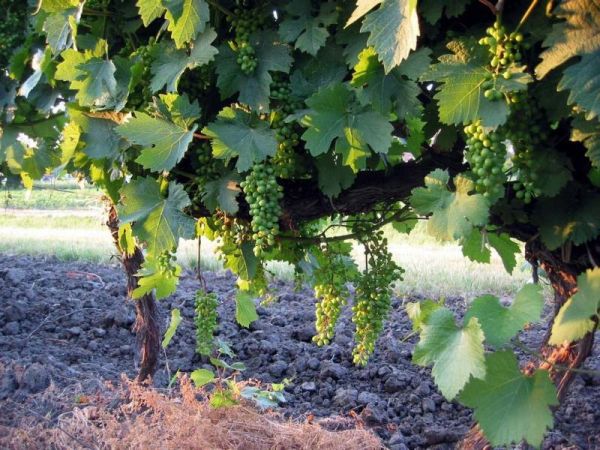 Vine |
|
A woody vine supported by other plants.
|
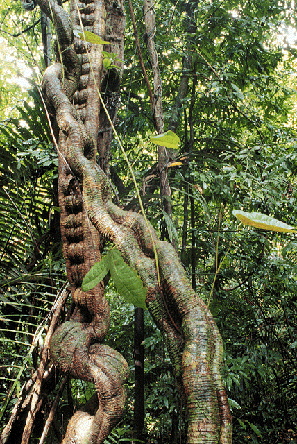 Liana |
|
A plant that obtains nutrients from another plant (host). The association is beneficial to the plant, but harmful to the host.
|
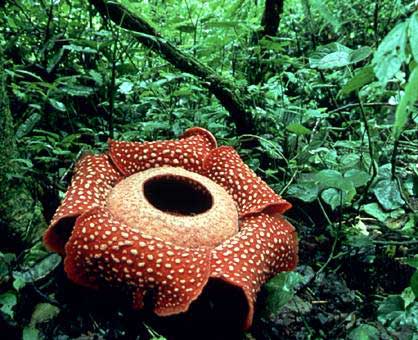 Parasite |
|
A parasite completely dependant on the host.
|
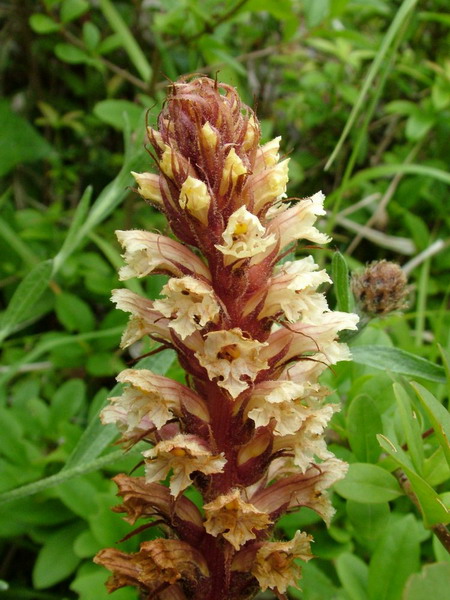 Holoparasite |
|
A parasite that obtains nutrients and water from the host, but is photosynthetic.
|
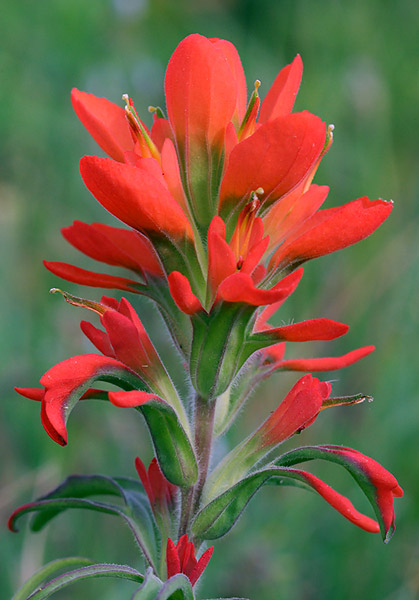 Hemiparasite |
|
Having the characteristics of an herb. Stems have little or no woody tissue and persist usually for a single growing season.
|
 Herbaceous |
|
Having persistent stems containing wood, i.e. secondary growth via an active vascular cambium.
|
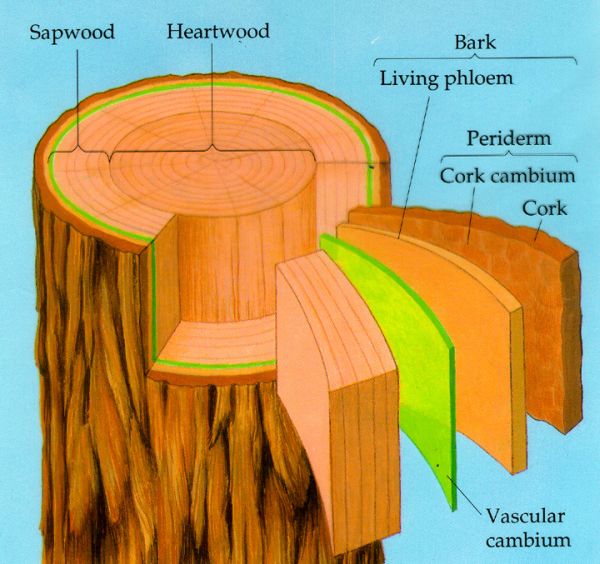 Woody |
|
An hebaceous plant that grows from seed, reproduces then dies in one growing season.
|
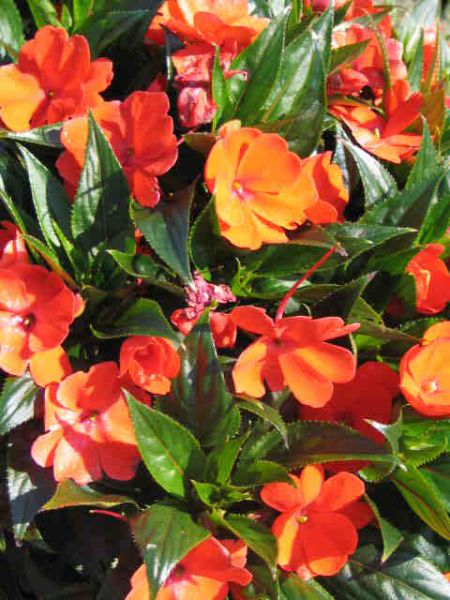 Annual |




